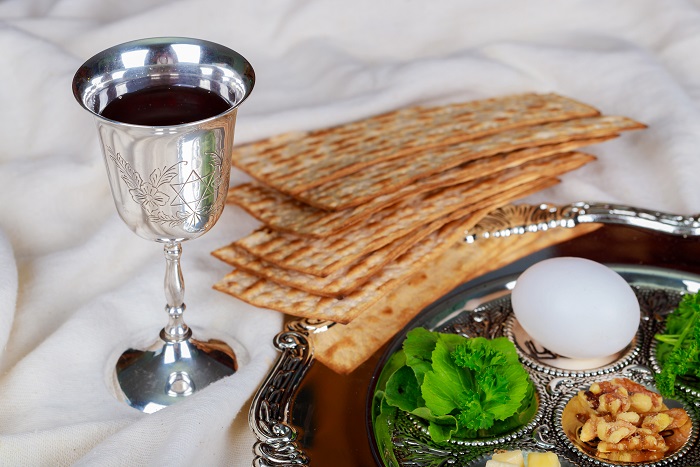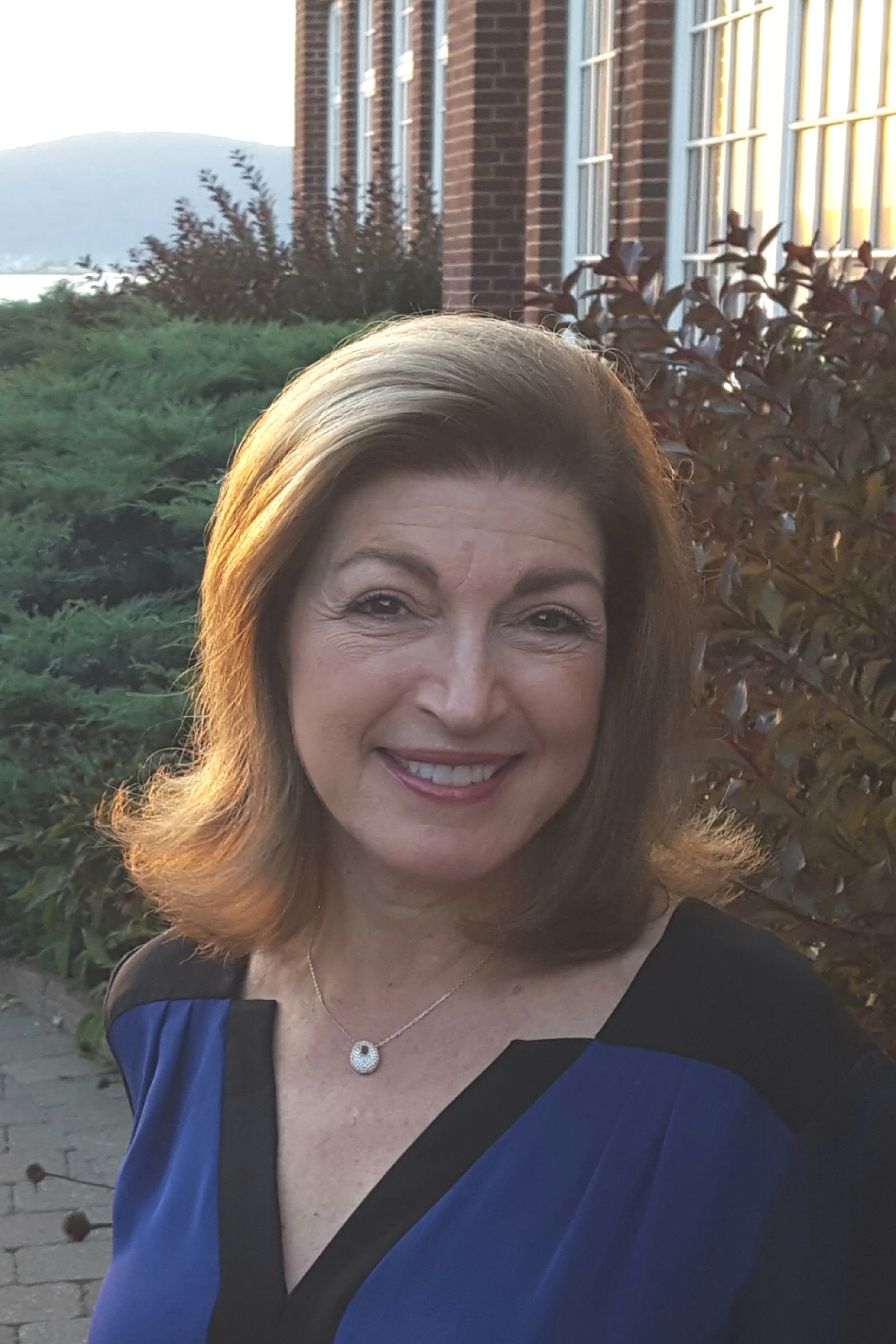
When I was asked to write a D’var Torah for Chol Ha-Moed Pesach, I, of course, accepted this honor. When I went to prepare, to my surprise, I found that Chol Ha-Moed was not the name of a Torah portion. I learned that Chol Ha-Moed Pesach refers to the intermediate days of a holiday but not the major days of the holiday, in this case, Passover. Chol Ha-Moed Pesach also further defines these intermediary days of celebration for those, including a Shabbat tonight. I knew about specific readings for Rosh Hashanah and Yom Kippur, but until I was asked to write this, I did not realize that there are many other special readings. There is also Chol Ha-Moed Sukkot, as well as special readings for all holidays and Rosh Chodesh. This year, the holiday of Passover began on Wednesday evening, April 5 and was also celebrated on the evening of April 6. Chol Ha-Moed, the intermediary but not primary holiday days, is celebrated today, April 7, through sundown on the evening of April 13. The texts that are specifically assigned to Chol Ha-Moed Pesach are Exodus 33:12 – 34:26, rather than following the Torah reading calendar order where we are now reading from Leviticus. So before I even began my learning from Torah, I learned something new about how we study as Jews and about festival and holiday Torah assignations.
I then actually dug into the text in Ki Tisa, which follows the Golden Calf debacle and Moses’ and God’s displeasure with this unfaithful lot of “stiffnecked people” (Exodus 34:9.) These specific verses in Ki Tisa start with Moses negotiating with God for God’s help in leading the Israelites in the desert. God re-affirms Moses’ special status as God’s conduit and communicator with the Israelites. Moses is sent back up Mount Sinai to carve the tablets of Covenant for the second time. This time, Moses, not God, does the scribing. God re-states and amplifies his covenant with the people, Israel, codifying rules, including the observance of Passover, all of which must be obeyed in order to maintain God’s divine protection and favor.
What do we do with this as we celebrate Passover? How does this inform our observance or our interpretation of the holiday?
Rabbi Ana Bonnheim, in a D’var Torah on Ki Tisa (March 2017), wrote: “We need constant, real reminders of abstract ideas – even inspiring ones.”
Hence, we observe Passover. As we read the Haggadah and eat proscribed foods, a tangible act, we are reminded that we, as contemporary Jews, share the experience of slavery, liberation, and redemption with the ancient Israelites. The Seder firmly and concretely reminds us of our connection to our forebearers, to Moses, to God, to our human frailty, to the human condition of suffering, to the opportunities of freedom, and ultimately through a relationship with God, to possible personal redemption.
Moses, in these passages, is inspirational and a role model. Moses is God’s chosen one: “I have singled you out by name, and you have indeed gained My favor” (Exodus 33:12.) Moses then asks God to help him lead the Israelites out of the desert. He tells God he cannot do this alone but needs God’s support. “Unless You go in the lead, do not make us leave this place. For how shall it be known that Your people have Your favor unless You go with us…” (Exodus 33:15 – 16.) Moses asks to know God, to see God, so that he can better lead. God agrees. The text details how God will carefully reveal himself to Moses to protect Moses from destruction. Moses finds strength in God’s trust in him and God’s commitment to the Israelites, and Moses perseveres.
I think virtually every Jew I know would like to somehow see or know God and feel a direct connection with God. We would like to be chosen to know this in our souls. Our intermittent skepticism about the existence or manifestation of God is analogous to that of the Israelites who grumbled and groused and built a Golden Calf even after being liberated from Egyptian slavery by this very same God. We, too, want the “real reminders of abstract ideas ...” that Rabbi Bonnheim spoke of.
As we celebrate Passover, as we celebrate this Chol Ha-Moed Pesach Shabbat, let us truly live with the Covenant God gives Moses and the Israelites, and let us believe in the God we read about in these verses, as God declares about Themself:
“Adonai, Adonai! A God compassionate and gracious, slow to anger, abounding in kindness and faithfulness”…. (Exodus 34:6)
To which Moses, bowing low, replies:
“If I have gained Your favor, … let my lord go into our midst, even though this is a stiffnecked people. Pardon our iniquity and our sin, and take us for Your own!” (Exodus 34:9)
God then proclaims what we all want to hear:
“I hereby make a covenant. Before all your people I will work such wonders as have not been wrought on all the earth or in any nation; and all of the people who are with you shall see how awesome are Adonai’s deeds which I will perform for you.” (Exodus 34:10)
Music to our ears. As we held our Seders, as we observe the Passover holiday, we embrace specific traditions and activities that ground us in our faith and our belief in what our faith promises – if we follow the covenant. We need the material as we seek the sublime. This is human nature as we know it and as it is told to us in Torah. May each of us, as “stiffnecked people” yet with the capacity of Moses, find spiritual and personal liberation from whatever binds us and find individual redemption informed by the wisdom of Torah as we carry God with us in our personal Tabernacles.
Shabbat Shalom.
Related Posts

Parashat Yom Rishon shel Rosh HaShanah

Cultivating a Culture of Accountability and Belonging


